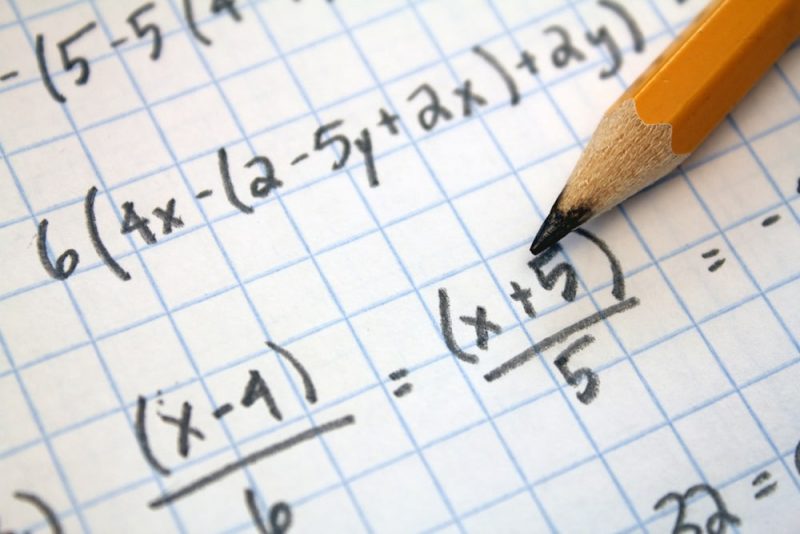The exact Sciences are those sciences that produce scientific knowledge from applied, empirical, quantifiable theoretical models, usually experimental, which are based on the steps of the scientific method and on objectivity as the mechanisms to understand their different areas of study. For instance: mathematics, biology, computing.
The exact sciences are also known as pure sciences, hard science or fundamental sciences.
They are distinguished from the calls soft sciences or human sciences, whose axes of study are based on conjecture, qualitative analysis and experiments that yield uncertain, non-predictive results.
It is not a universal or determinative classification of the sciences, but usually these terms – harsh, pure, exact – are used somewhat colloquially to discern certain fields of knowledge. In fact, none contemporary science embraces or pretends paradigms of accuracy or from unchanging truth, regardless of the methods and approaches on which it is based.
Not even the natural or experimental sciences can be considered really exact sciences today. Even so, this term is in common use to often pejoratively distinguish between more formal fields of scientific practice and less strict or less recognized as such.
Examples of exact sciences

- Physical. Often understood as mathematics applied to the description of the phenomena and forces that occur in the surrounding reality, it is based on the aspiration of a formal measurement and theoretical description of the universe. For this, it uses experimentation, observation and numerous instruments, although in some variants such as quantum physics and even astrophysics, the degree of uncertainty and conjecture is much greater.
- Chemistry. It studies the functioning of matter and the atomic relationships in it, chemistry undertakes experimentation as a way of demonstrating with more or less exactitude a set of its fundamental theoretical principles, replicable in the laboratory and with numerous demonstrable everyday applications.
- Mathematics. Since it operates on the basis of a set of relations, signs and proportions of a logical and abstract nature, mathematics as a formal science makes use of exact and determined, repeatable and deductible, more or less experimental methods. It is considered the epitome of the formal sciences, since many others, such as physics, use it to establish their reading of the world.
- geology. Interested in the formation and origin of the various elements that make up the Earth, this exact science uses others such as chemistry and physics to obtain demonstrable, experimental results accompanied by a theoretical formulation regarding the layers of the subsoil and the processes by she experienced. However, it is possible that there is some room for speculation in the historical recomposition of the substrates that formed the planet.
- biology. The study of life is also a field highly attached to the principles of scientific method that propose observation, examination, hypothesis and experimental reproduction to verify the accuracy of the assumption. In this sense, biology is twinned with other natural sciences in its approach to the living world in its different possible scenarios.
- Biochemistry. Hand in hand with chemistry and biology, this science focuses on understanding the chemical processes of living matter, and for this, accuracy is always an important claim. The detailed study of the molecular relationships that allow life leads to the opening of much more complex fields of intervention and experimentation and of demonstrable results.
- Pharmacology. One step ahead of biochemistry and hand in hand with medicine, pharmacology seeks the greatest possible accuracy in the intervention of the human body with various compounds of natural and artificial origin, in order to generate well-being and the cure of ills and diseases.
- computing. Product of the application of mathematics in the complex elaboration of logical systems, it is an exact science as long as its results are predictable: systems can be built that carry out tasks in a verifiable and demonstrable way, very close to accuracy (although many experiences computer systems show an irreparable margin of error in most systems, as any Windows user knows).
- Oceanography. The science that investigates the composition of the waters and bottoms of the seas and oceans, uses biology and chemistry to understand the biotic and physicochemical processes that occur in these specific areas. To that extent, their studies are reproducible in the laboratory and factually verifiable.
- Medicine. Combination of other exact sciences applied to the logic and functioning of the different organs and tissues of the human body, with the aim of alleviating their ills and diseases, as well as repairing their damages and traumas as far as possible, aspires to an important margin accuracy, since human lives depend on it.
